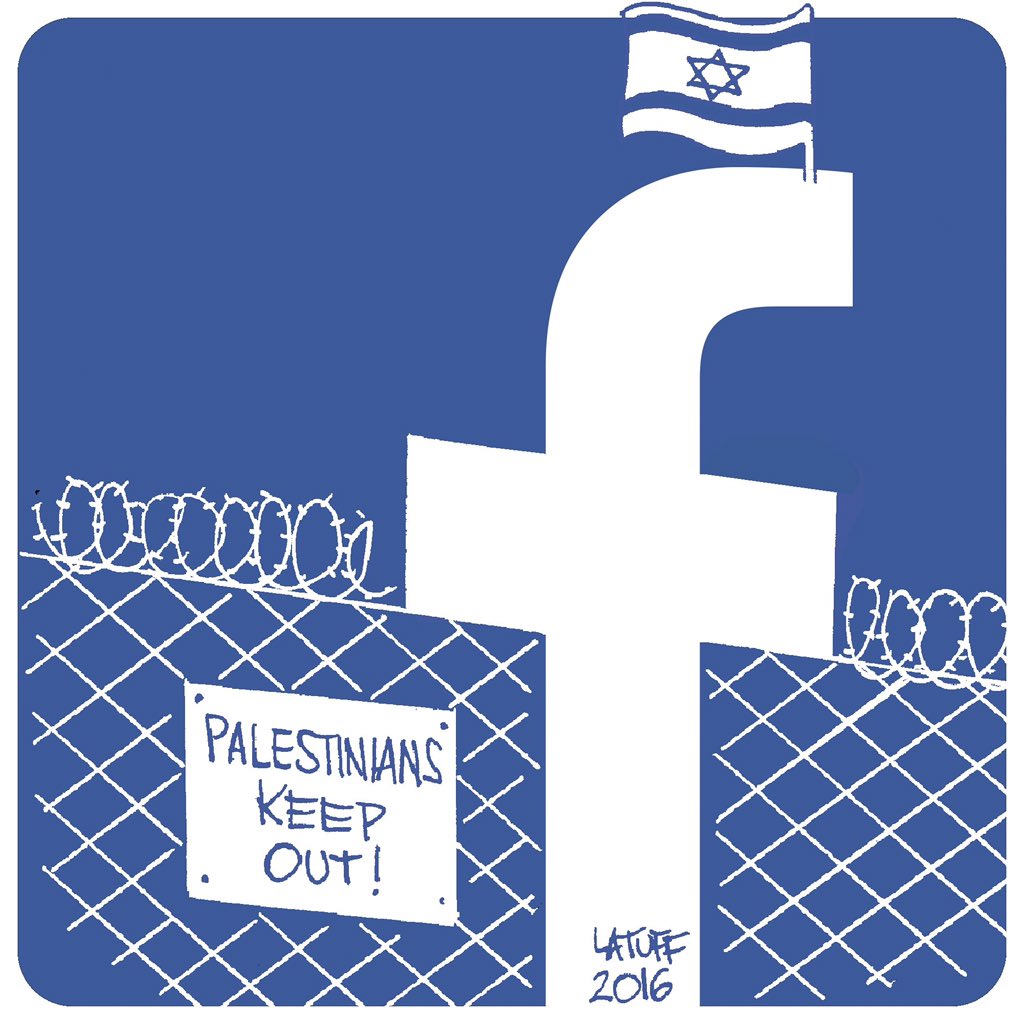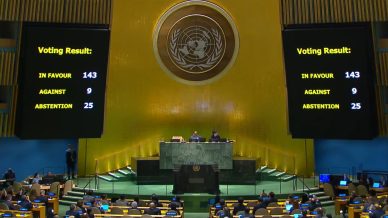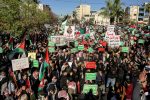Facebook continues to disable Palestinian pages as several administration accounts and two pages have been deleted recently according to Palestinian activists.
Last week administrators from the Palestinian Information Centre (PIC) Facebook page in Arabic reported that at least 10 accounts were suspended seven permanently and three temporarily. The PIC has more than two million followers.
When contacted for an explanation Facebook responded by saying: “Your account has been permanently disabled for not following Facebook Community Standards. We will not reactivate it for any reason.”
But according to PIC’s general director Yahya Abu Hassan the Facebook Community Standards are just a pretext. “Whatever these standards are they remain loose arbitrary and moody. However Facebook clearly uses them as a sword to delete whichever material gets reported to them by the Israelis thus reminding us of the worst censorship by dictators across time and place.”
On Monday PIC’s Facebook page in English which has more than 200000 likes had one of its videos removed by Facebook under the pretext that it had “nudity”.
“[The page] posts news stories reports features pictures cartoons and videos exclusively about Palestine and Palestinians” said Rami Salaam the page’s main administrator.
“The video is motivational. It’s about a Palestinian college graduate who is defying the Israeli siege and unemployment by selling flowers. It sends a message to occupied and besieged Palestinians that there is still a ray of hope” Salaam told Al Jazeera. “I have had my accounted temporarily suspended for no reason a number of times before. It’s frustrating and worse it is distracting.”
Last September Facebook disabled several Palestinian accounts on the basis that they breached community standards. Four editors from the Shehab News Agency which has more than 6.3 million likes on Facebook and three executives from the Quds News Network with about 5.1 million likes reported they could not access their personal accounts. Both agencies cover daily news in the occupied Palestinian territories.
Palestinians and pro-Palestine activists tried to counter the crackdown with a campaign on social media using the hashtag #FBcensorsPalestine. Thousands interacted with the campaign generating tens of thousands of tweets and posts.
Coming under pressure Facebook apologised and reactivated the accounts. However the social media giant has been singling out Palestinian pages one at a time say activists who allege that the crackdown is the result of an agreement between Facebook and Israel.
Last September a Facebook delegation met Israeli Justice Minister Ayelet Shaked and Public Security Minister Gilad Erdan to “improve cooperation against incitement to terror and murder” according to a statement from the prime minister’s office. Shaked of the right-wing settler-supported Jewish Home party hailed the meeting as a success.
Several Israeli press reports suggested that Facebook and the Israeli government would set up “joint teams” to counter online incitement but no further details were provided.
A spokesperson for the social network told Al Jazeera in a statement at the time that the visit was “part of an ongoing dialogue with policymakers and experts around the world to keep terrorist content off our platform and support counter-speech initiatives”.
While Palestinian activists say they are frustrated about being silenced by Facebook some are still determined to pursue their activism for Palestine on the service.
“Facebook is an important platform. We can’t just leave it because of its repressive policies against Palestinians” said Bayan Mohammed PIC’s main Arabic page administrator whose account was permanently disabled.
“We will continue posting. We will create more accounts and pages to make sure Palestine’s voice is heard loud and clear” he told Al Jazeera.
Other activists say that they are working on finding another platform that guarantees freedom of speech to all to put an end to what renowned Palestinian novelist Susan Abulhawa referred to as “digital dictatorship”.
Source: Al Jazeera













